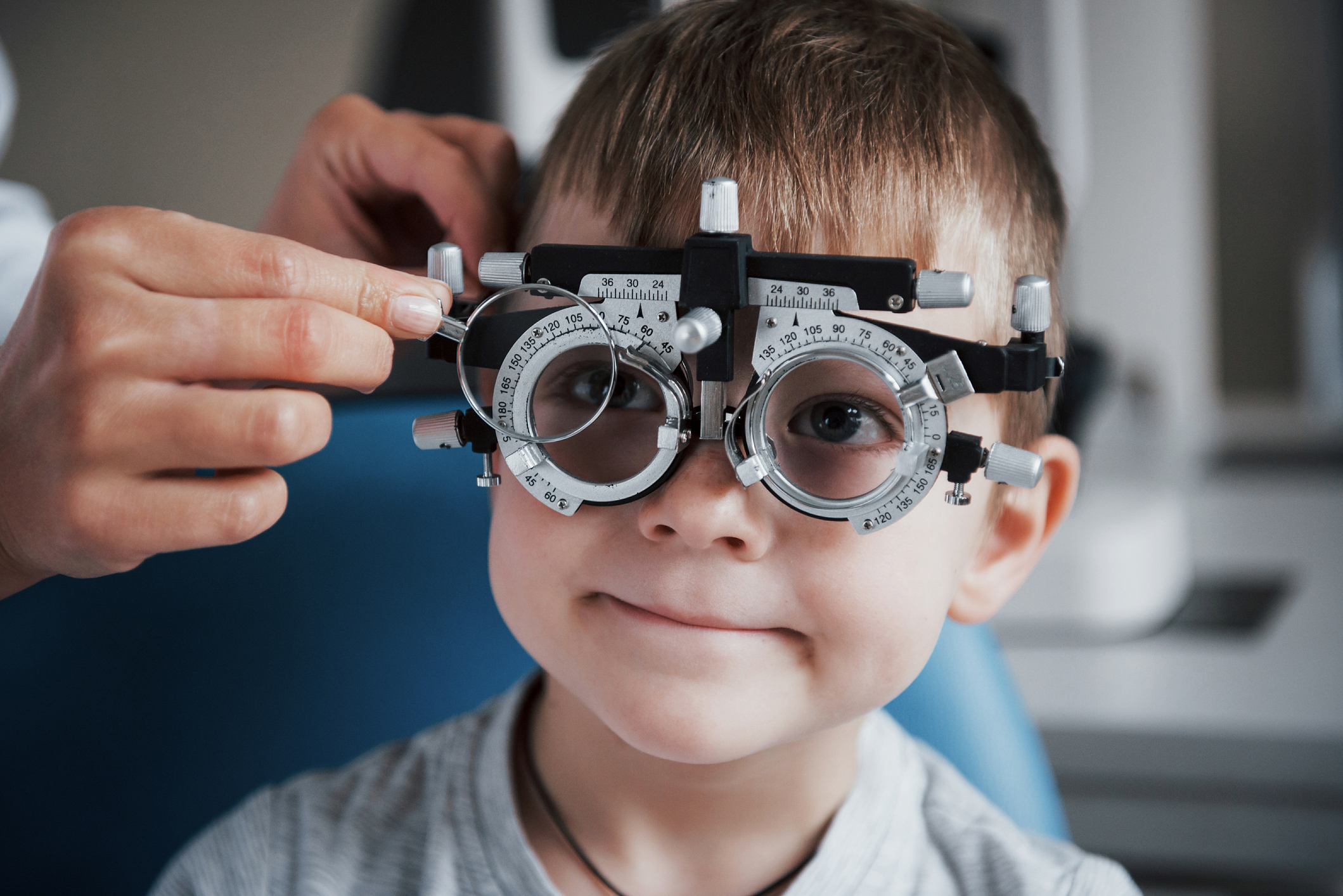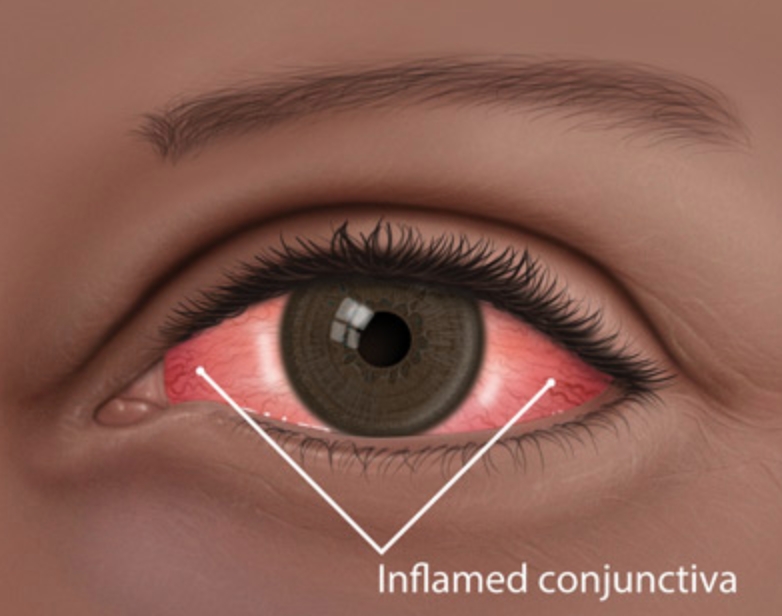Dealing with harsh glare from sunlight can be both frustrating and dangerous. Polarized sunglasses offer a solution by reducing glare and eyestrain, making outdoor activities safer and more comfortable.
How Do They Work?
Polarized lenses contain a special chemical filter that works like venetian blinds for your eyes. While regular sunlight scatters in all directions, the polarized filter only allows vertical light waves to pass through while blocking horizontal glare from reflective surfaces like water, snow, or car hoods. This results in crisper, clearer vision with reduced glare.
Best Uses for Polarized Sunglasses
Polarized lenses excel during outdoor activities where glare is common:
-
Water activities (fishing, boating) - helps you see below the water's surface
-
Beach outings - reduces glare from water and sand
-
Golfing - improves visibility on fairways
-
Winter sports - reduces snow glare in most conditions
When to Avoid Polarized Lenses
While versatile, polarized sunglasses aren't ideal for:
-
Viewing LCD screens (car dashboards, ATMs, phones)
-
Situations where spotting glare is important (detecting ice while driving)
-
Night driving
Important Note
Don't confuse UV protection with polarization. While both features protect your eyes, they serve different purposes. Look specifically for "polarized" on the label if you want anti-glare protection.
Talk to your eye care provider at Mid Atlantic Eye Physicians to find the right polarized sunglasses for your needs.
A vision screening is a more efficient eye exam. A child is "screened" for eye problems and typically referred to an ophthalmologist like Mid Atlantic Physicians for a comprehensive exam if needed.
Your child's vision can be screened by a:
- pediatrician
- family physician
- ophthalmologist
- or other properly trained health care provider
Screenings are also offered at schools, community health centers, or some community events.
A comprehensive eye exam diagnoses eye disease. Eye drops are used to dilate (widen) the pupil during the exam. This gives your ophthalmologist a fuller view inside the eyes. With dilation and other special testing, signs of eye disease are more evident. The American Academy of Ophthalmology advises parents to seek a comprehensive eye exam if:
- their child fails a vision screening
- vision screening is inconclusive or cannot be done
- referred by a pediatrician or school nurse
- their child has a vision complaint or observed abnormal visual behavior, or is at risk for developing eye problems. Children with medical conditions (such as Down syndrome, prematurity, juvenile idiopathic arthritis, neurofibromatosis) or a family history of amblyopia, strabismus, retinoblastoma, congenital cataracts or glaucoma are at higher risk for developing pediatric eye problems.
- their child has a learning disability, developmental delay, neuropsychological condition, or behavioral issue.
As always, our staff and Eye MDs at Mid Atlantic Eye Physicians are here to help should you have questions regarding your child's vision.
Source: The American Academy of Ophthalmology and the American Association for Pediatric Ophthalmology
Studies show that long-term exposure to bright sunlight may increase the risk of cataracts and growths on the eye, including cancer. UV rays reflected off sand and water can cause eyes to sunburn, potentially resulting in temporary blindness in just a few hours. In support of UV Safety Month this July, the American Academy of Ophthalmology reminds the public of the importance of shielding eyes from the sun's harmful rays with 100% UV-blocking sunglasses and broad-brimmed hats.
If you're a diabetic, maintaining good control of your blood sugar is crucial to preventing eye damage.
Read more ...
At Mid Atlantic Eye Physicans we're seeing a substantial number of cases of conjunctivitis and pink eye. Here are some things you need to know to protect yourself and your family.
Read more ...






